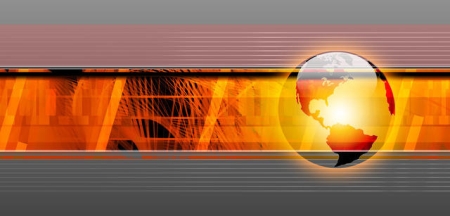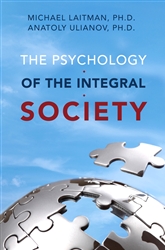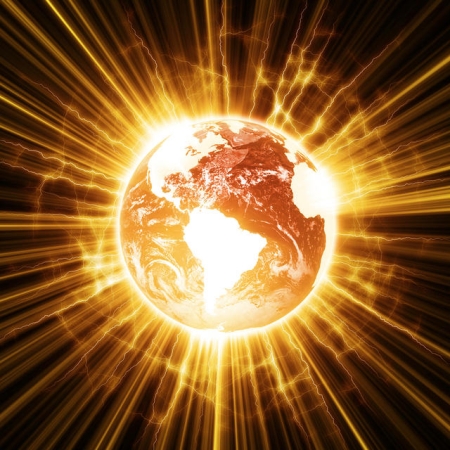
Dr. Anatoly Ulianov: A friend of mine who works as a tour guide in India started having difficulties at work because the tourists say she is in nirvana, does not react adequately, and cannot explain anything properly. Won’t the children entering this integral system become like angels, detached from reality?
Dr. Michael Laitman: No. I would not call this state angelic. The schizophrenic, painful, and incorrect division of the world into parts is explained by the fact that a person does not correct himself.
He is not working with his egoism to rise above it and perceive two levels of attitude to life. He is not prepared for this and is not in a collective that can create a new sense together with him.
Your friend is an unfortunate woman who is risking losing her normal, egoistic, earthly approach to life and ending up in a bad, inadequate state. Our upbringing is not based on the Indian method, which destroys or reduces egoism, but on developing it, as strange as it may sound. We are saying that everything is built upon the juxtaposition of opposites.
The world is not a struggle of opposites, but rather their proper combination. Dialectics is right in saying that the world consists of two opposites, but it is mistaken in thinking that one of them should be destroyed.
One of them should be raised above the other and the two of them should be used correctly, like dumbbells. This is a dipole. Within the tension between the plus and the minus, we can find the quality that connects them. With its help we will discover the true, integral world. It is integral; it does not destroy any of its parts.
I understand this woman’s state, but I cannot offer her any counsel. This does not happen to our children. On the contrary, every day a healthy egoism is expressed in them even more, and they become coarser, tougher. However, they understand where their egoism comes from.
At the same time, we conduct practical and theoretical studies with them in order to make this egoism clearer, understand it, separate from it, and research it from aside, studying both one’s own egoism and that of others. Everyone changes places in order to become included in one another: Right now I am like you, you are like him, and so on.
I have to know all my friends, come out of myself, and play the role of each of them. This enables us to become integrally included in one another, and this mutual inclusion gradually creates a new entity—integral perception, which does not include “me” but only “we.”
The above points were taken from the book The Psychology of the Integral Society by Dr. Michael Laitman and Dr. Anatoly Ulianov. Also available as eBook (PDF, Kindle & ePub formats).





